Beyond Charity : Reformation Initiatives For The Poor
$36.66
The common stereotype is that the Reformers separate public and private morality and were indifferent to the ethical import of social structures and institutions. Beyond Charity calls this understanding into question by providing an analysis of the historical situation and translationof primary documents. The medieval point of view, formed by piety of achievement, idealized poverty — either as voluntary renunciation or as almsgiving. In either case the material effects on actual poverty were slight, and the religious endorsement of poverty precluded urban efforts to address this growing problem. The Reformers impelledby their theology, developed and passed new legislative structures for addressing social welfare needs. The key to their undertakings was the conviction that social ethics is the continuation of community worship. In the first half, this book sets forth the medieval context, details Luther’s critique of the profit economy of his day, and analyzes the actual social welfare programs that issued from his theology. The second half provides translations of selected legislative programs from the church orders of the Reformation.
in stock within 3-5 days of online purchase
SKU (ISBN): 9780800625696
ISBN10: 0800625692
Carter Lindberg
Binding: Trade Paper
Published: July 1993
Publisher: Augsburg Fortress Publishers – 1517 Media
Print On Demand Product
Related products
-
Mothers And Daughters Of The Bible Speak
$26.99God always keeps His promises, but not always in the way we expect….
“Have faith” is a phrase we hear all the time. But what does it actually look like to live it out? In The Mothers and Daughters of the Bible Speak, Shannon Bream examines the lives of biblical women to see how God’s plans can turn our worlds upside down. She tells the story of Jochebed, a mother who took enormous risks to protect her son, Moses, from Pharaoh. Could Jochebed have imagined that God’s actual design for her son involved flight into exile and danger? And yet this was all part of the master plan to deliver Israel from slavery. Another biblical mother, Rebekah, made terrible choices in an attempt to ensure her son’s place in history. And a daughter, Michal, struggled to keep her faithless father, Saul, from sin, while battling pride in herself.
Through these stories, Shannon explains the intimate connection between faith and family–and how God’s unexpected agenda can redefine the way we think about family. Not all of these mothers and daughters in the Bible were paragons of virtue. Like us, they were human beings who faltered and struggled to do their best. While some heard God’s voice, others chose their own paths. Through the lens of their imperfections, we can see how God used their stories to bring about His divine plans. He’s still doing the same work in our lives today.
The Mothers and Daughters of the Bible Speak shows that faith is more often a twisting road than a straight line. Yet, as the stories of biblical families attest, at the end of these journeys lies greater peace and joy than we could ever imagine.
Add to cart4 in stock
-
7 Last Words
$18.99Based on his talks at New York’s St. Patrick’s Cathedral on Good Friday 2015, the New York Times bestselling author and editor at large of America magazine offers a portrait of Jesus, using his last words on the cross to reveal how deeply he understood our predicaments, what it means to be fully human, and why we can turn to Christ completely, in mind, heart, and soul.
Each meditation is dedicated to one of the seven sayings:
*”Father, forgive them, for they do not know what they do.”
*”Today you will be with me in Paradise.”
*”Woman, this is your son” . . . “This is your mother.”?
*”My God, my God, why have you forsaken me?”?
*”I thirst.”?
*”It is finished.”?
*”Father, into your hands I commend my spirit.”With the warmth, wisdom, and grace that infuse his works, Father James Martin explains why Jesus’s crucifixion and death on the cross is an important teaching moment in the Gospels. Jesus’s final statements, words that are deeply cherished by his followers, exemplify the depth of his suffering but also provide a key to his empathy and why we can connect with him so deeply.
Add to cart1 in stock
-
Drawing Pad : Available From Anchor
$4.99Games and Toys
Additional Info
This generously sized drawing pad provides a clean sheet for every creative whim. Premium white bond paper is ideal for pencils, crayons, markers, chalk, watercolor or poster paints.Add to cartin stock within 3-5 days of online purchase


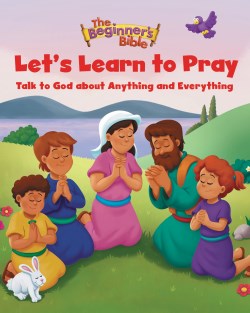
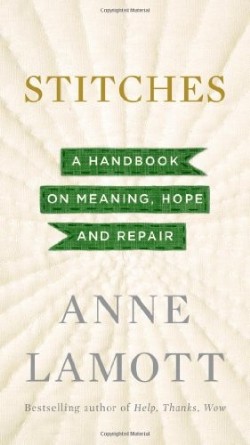

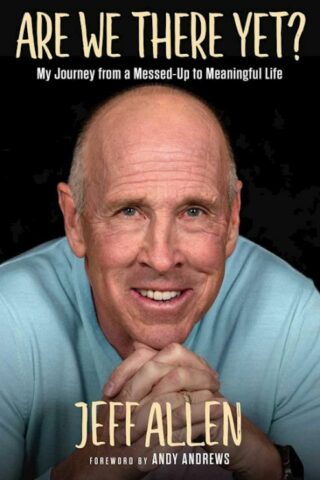
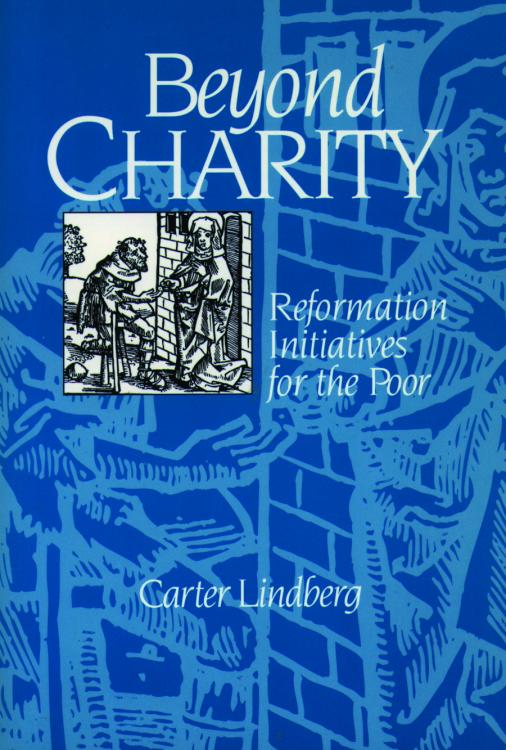

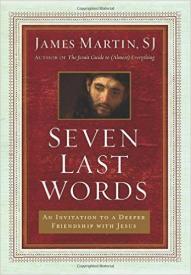



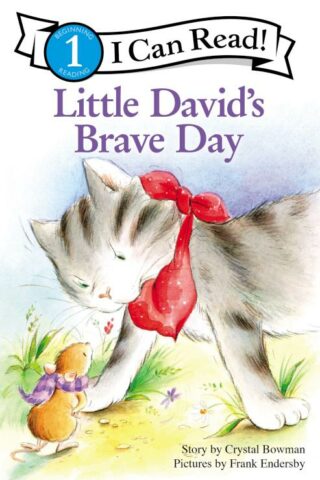

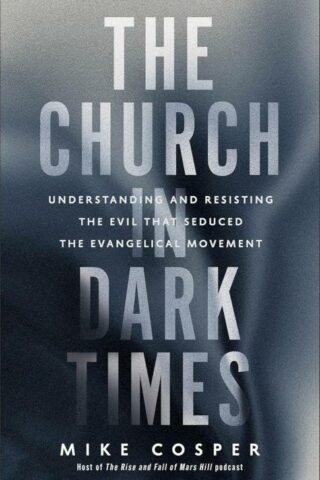
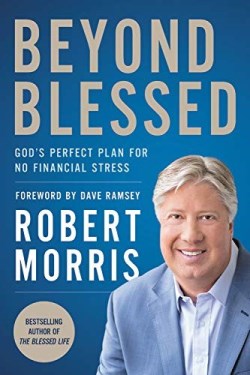
Reviews
There are no reviews yet.